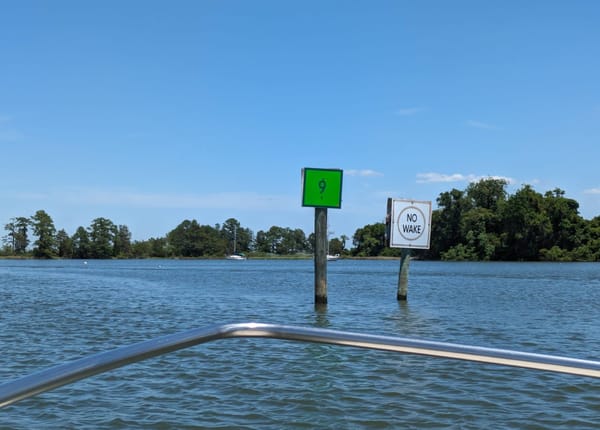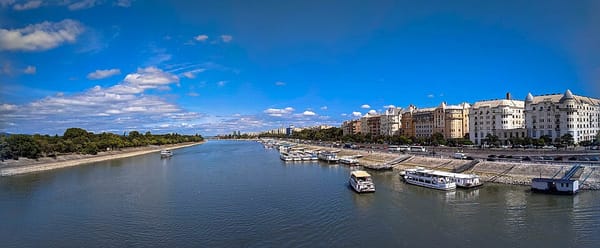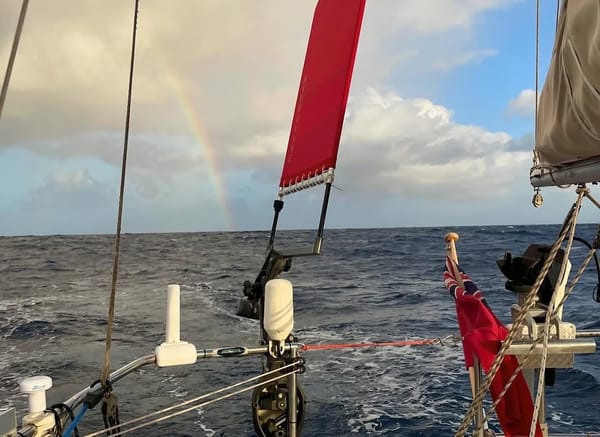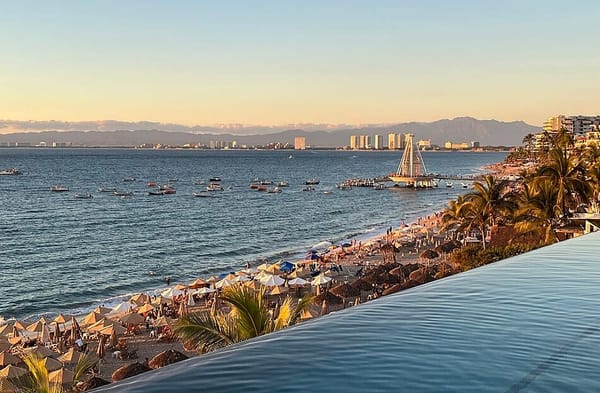Dockside Assistance: Different Types of Boat Docks
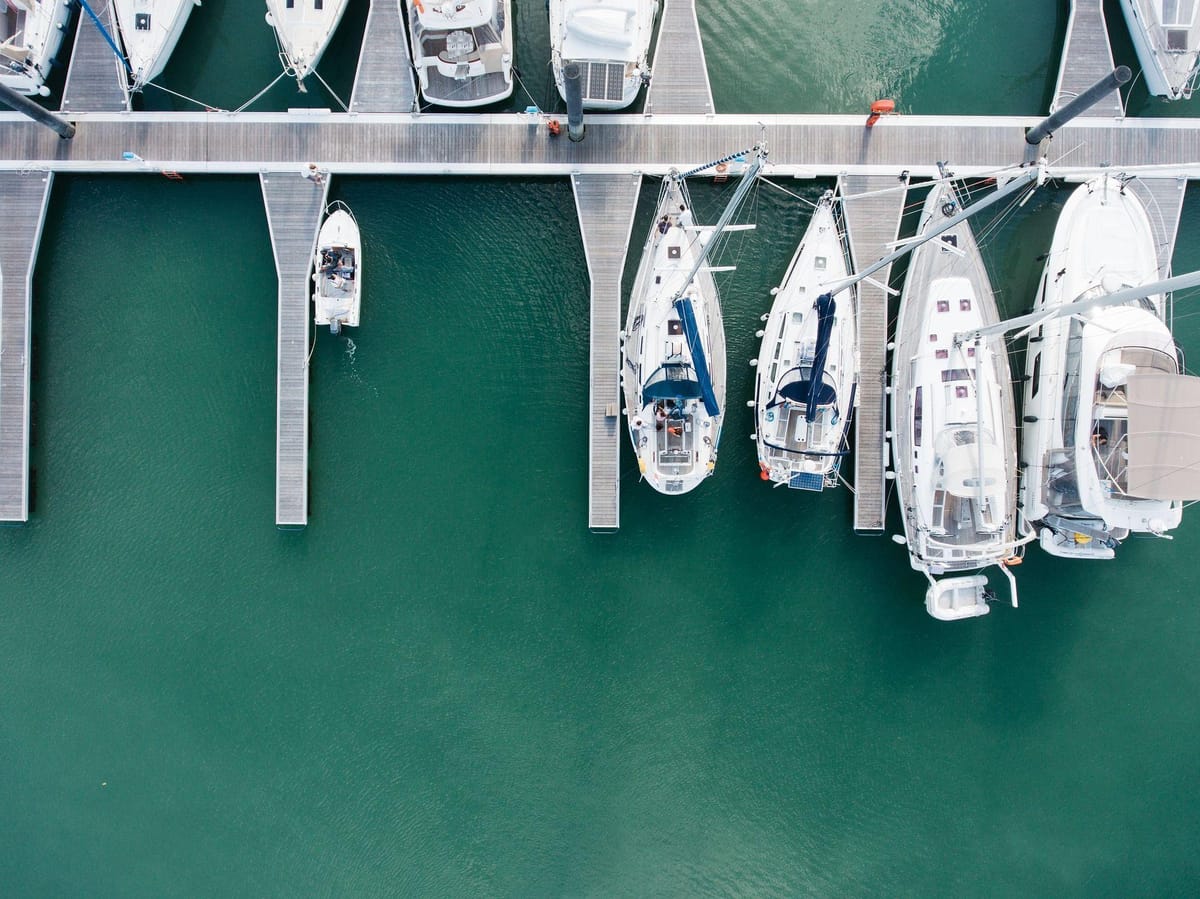
Boat docks can add value to waterfront property and are useful on all types of waterways, whether it’s a freshwater lake, a river, a bay or the salty ocean. Along with providing a safe spot for a boat, a dock can be used for sunbathing, entertaining or just jumping into the water. Plus, dogs love them, so you'll get points from the pooch for that.
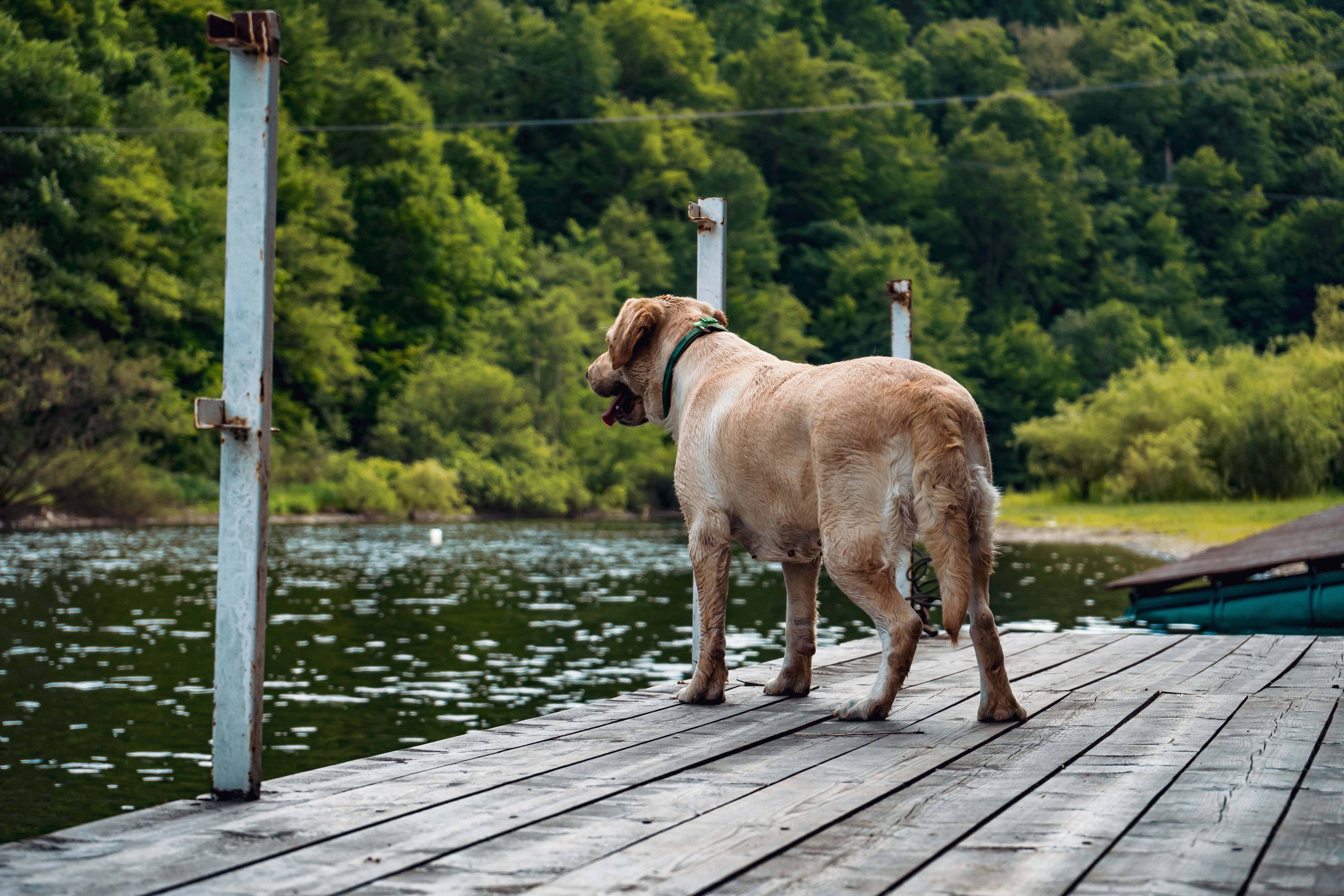
Photo: Pexels
If you’re looking into building a new dock, replacing an existing dock or researching the best type of private boat slip rental for your boat, keep reading to check out the pros and cons of different types of docks.
Advantages of Having a Private Boat Dock
- Store your boat right at your property
- Easy access to the water
- No marina or private boat slip rental fees
- Guaranteed slip availability
- Make customizations as needed
- Rent to other boaters as a private boat slip for rent when you’re not using it (which equals extra income)
There are two main categories of docks: permanent and removable. Permanent docks include piling, fixed, crib and suspension varieties. Removable docks include floating, pipe and lift-up.
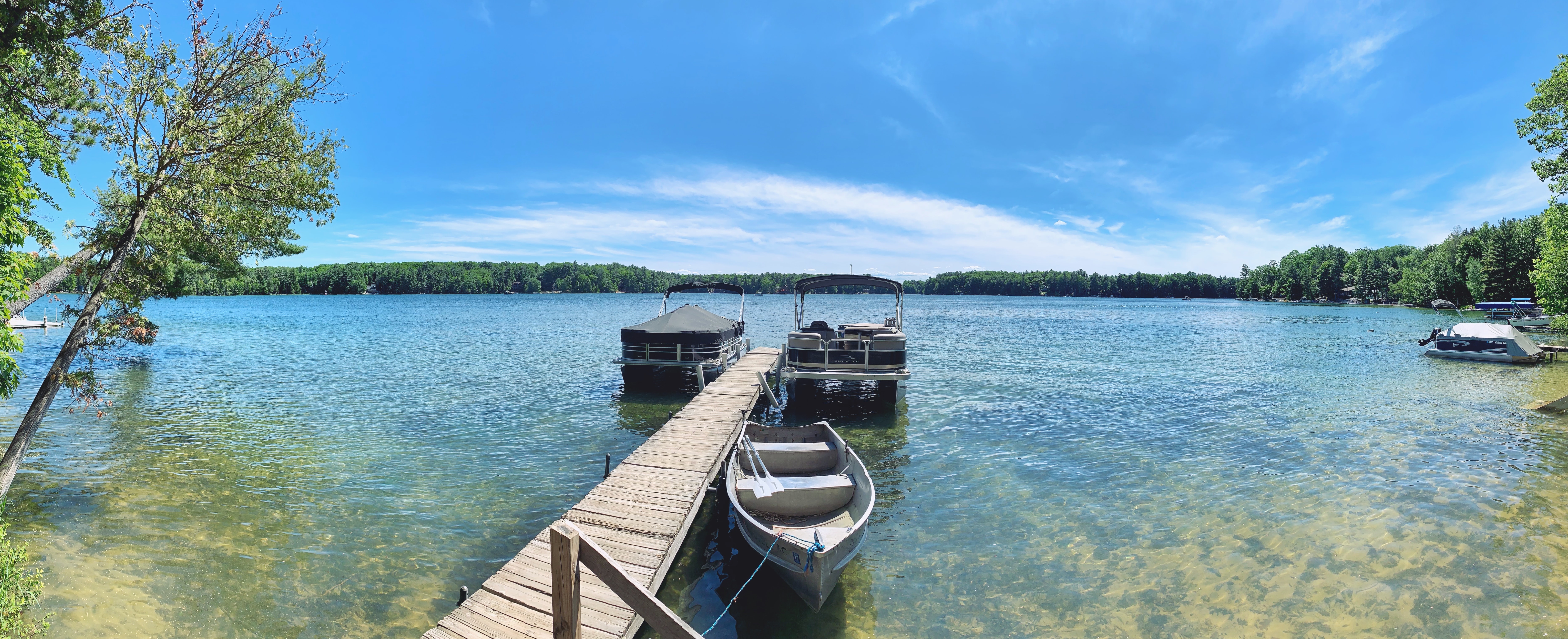
Photo: Unsplash
Permanent Boat Docks
Piling Docks
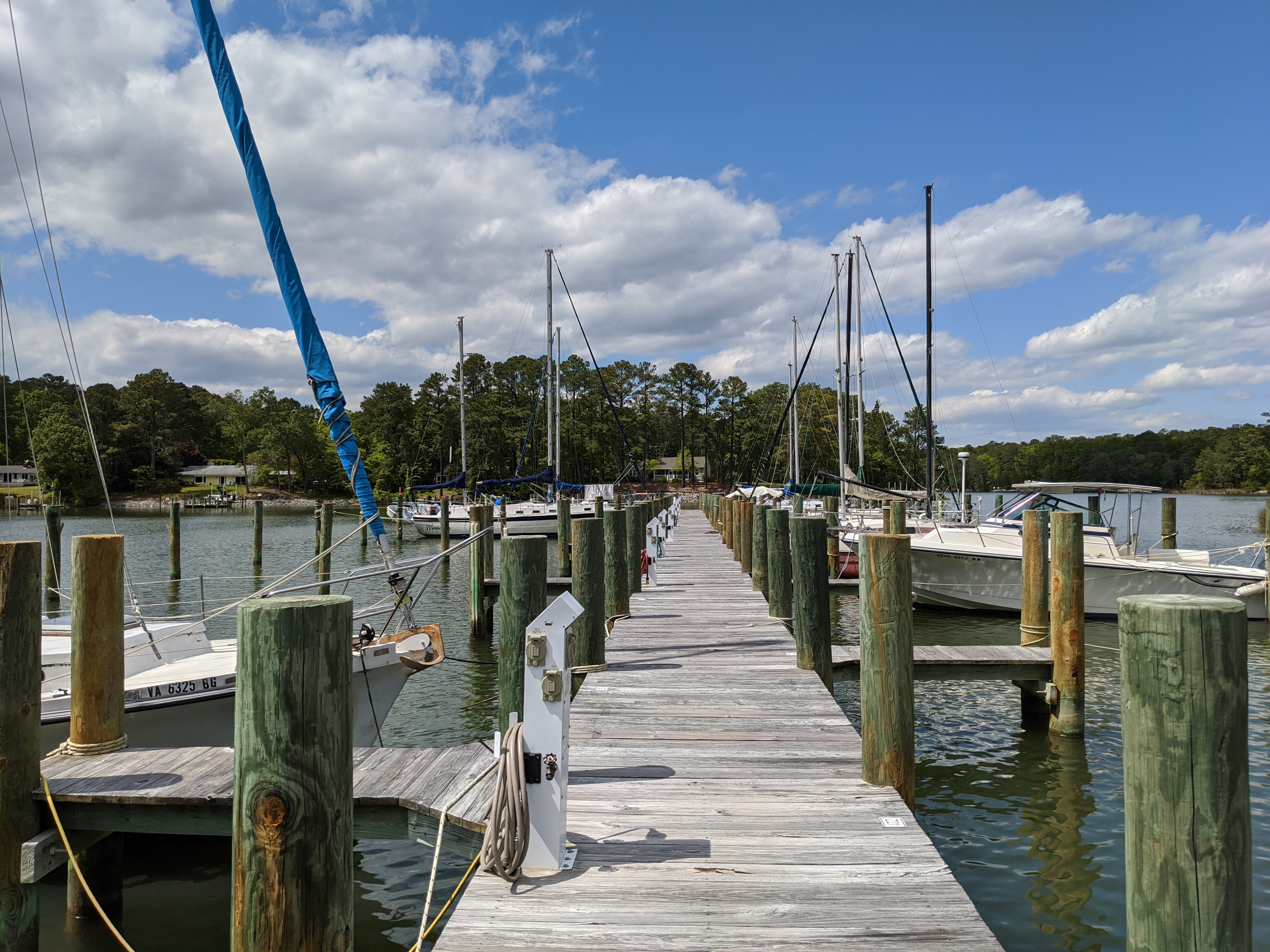
Photo: Sandy Allen
Piling docks are your typical marine dock and probably what comes to mind when you hear the word dock. They’re built by inserting pilings (the large wooden beams) into the ground. The dock is then connected to the pilings by hoops or rollers, which allow the dock to rise and fall with water levels and weather conditions. They work best for large boats, but, of course, can be used for any size of boat.
Pros
- Strong
- Stable enough to withstand strong currents
Cons
- Expensive
- Can’t adjust as well as floating docks to changing water levels
Fixed Dock
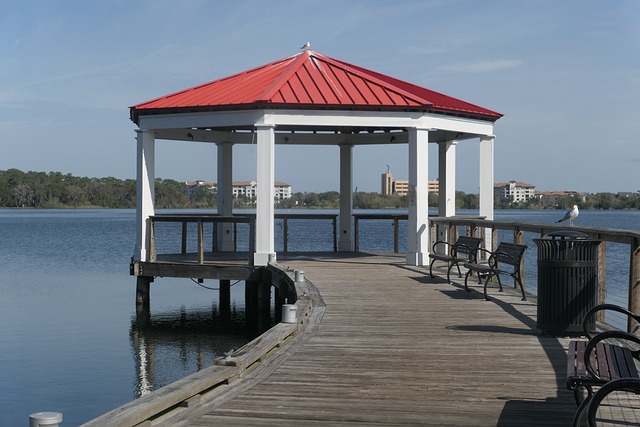
Photo: Pixabay
A fixed dock is attached to the bottom, making them an excellent choice for a long-term private boat slip for rent. Built out of wood or concrete, they are at a fixed height and are best used where the water also stays at a fixed height and remains stable. This type of dock sometimes has a gazebo or other sitting/entertainment area attached to them, which makes for a nice sunrise/sunset spot before or after a boat outing. Boat cleats make typing up your boat super easy.
Pros
- More stable to walk on
- Good for areas with choppy water
Cons
- If the water level rises quickly, the dock could get damaged or end up under water
- If water levels dip too quickly, the dock ends up being too high (leaving the boat too far away from the dock to easily get on and off of it)
Crib Docks
Crib docks are made from wooden frames or crates (which are called cribs) that are placed on the bottom. The crates are filled with rocks to weigh them down. The deck is then built on top of this framework. Water doesn’t easily pass underneath crib docks. Since they extend along the shoreline, and fill up the bottom, they can interrupt water flow and wildlife. Water doesn’t pass easily underneath, which can harm marine habitats. Crib docks are prohibited in some areas because of this environmental aspect.
Pros
- Very stable and durable
- Last a long time
Cons
- Expensive
- Can’t be easily removed, renovated or extended
- Can cause environmental problems
Suspension Docks
Suspension docks, as the name suggests, are suspended over the water (much like a bridge) with cables and anchored to land. Water can freely flow underneath (again, like a bridge). We think they make excellent choices for a private boat lift rental.
Pros
- Less environmental impact than crib docks
- Visually appealing
Cons
- Expensive due to the engineering
- Time-consuming to build
- Can’t be removed in the event of harsh weather or water conditions
- May be more costly to repair (especially if made from wood or aluminum)
Removable Boat Docks
Floating Dock
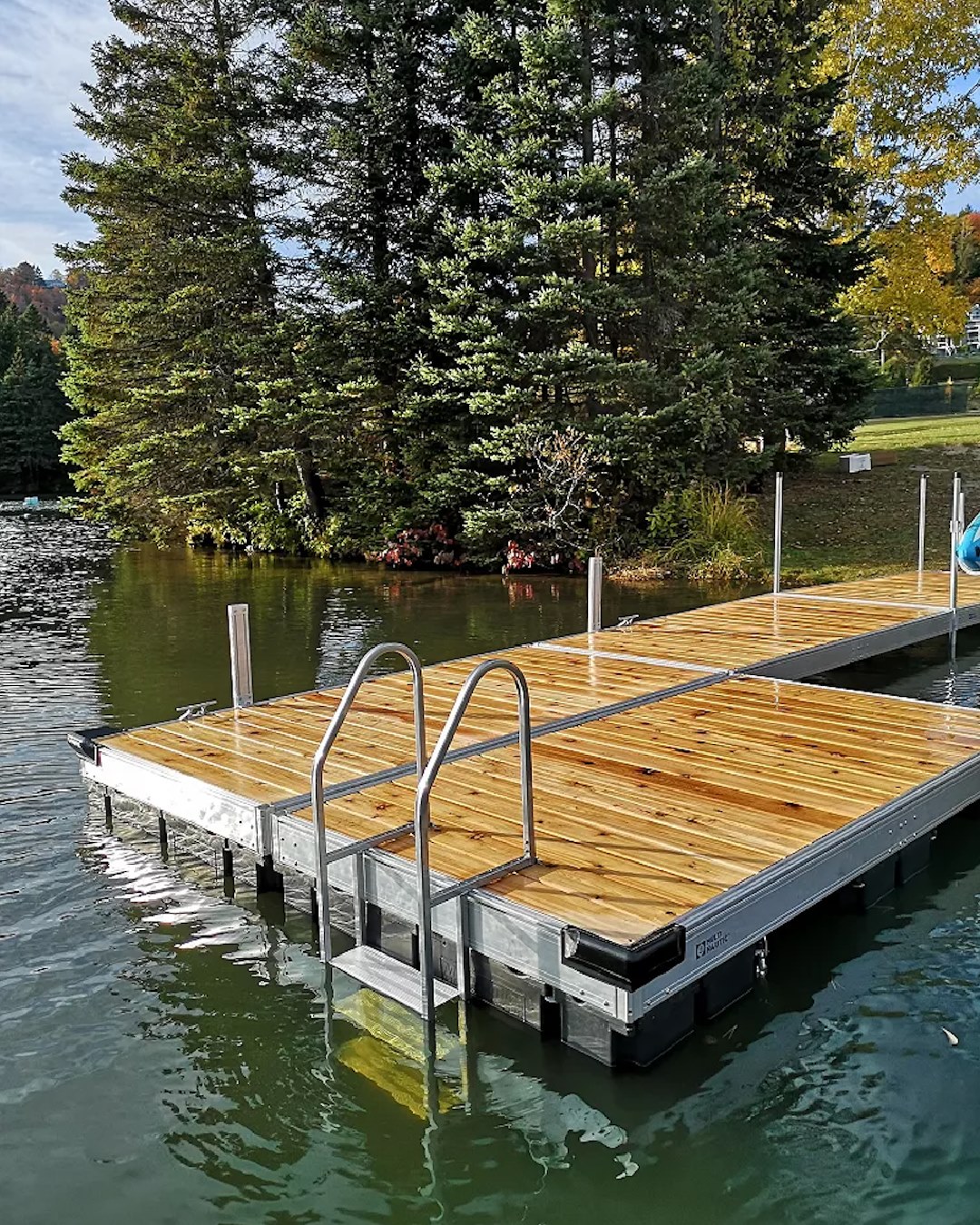
Photo: MultiNautic (Facebook)
The floating dock is one of the most common types. It’s secured to the land and floats on the water atop airtight drums. A fairly no-frills setup, floating docks don’t have a framework or platforms attached to the bottom. This type of boat dock for rent isn’t a good choice for use in rough waves as the dock isn’t secured and could get damaged or come apart (causing damage to your boat or other property).
Pros
- Can be used in deep water (docks that secure to the bottom aren’t practical when the water is too deep)
- Can be detached and taken out of the water during the winter or rough weather
- Aren’t impacted by water levels
- Fewer permits since they don’t damage the bottom
Cons
- Not good in rough water and high wind areas
Pipe Docks
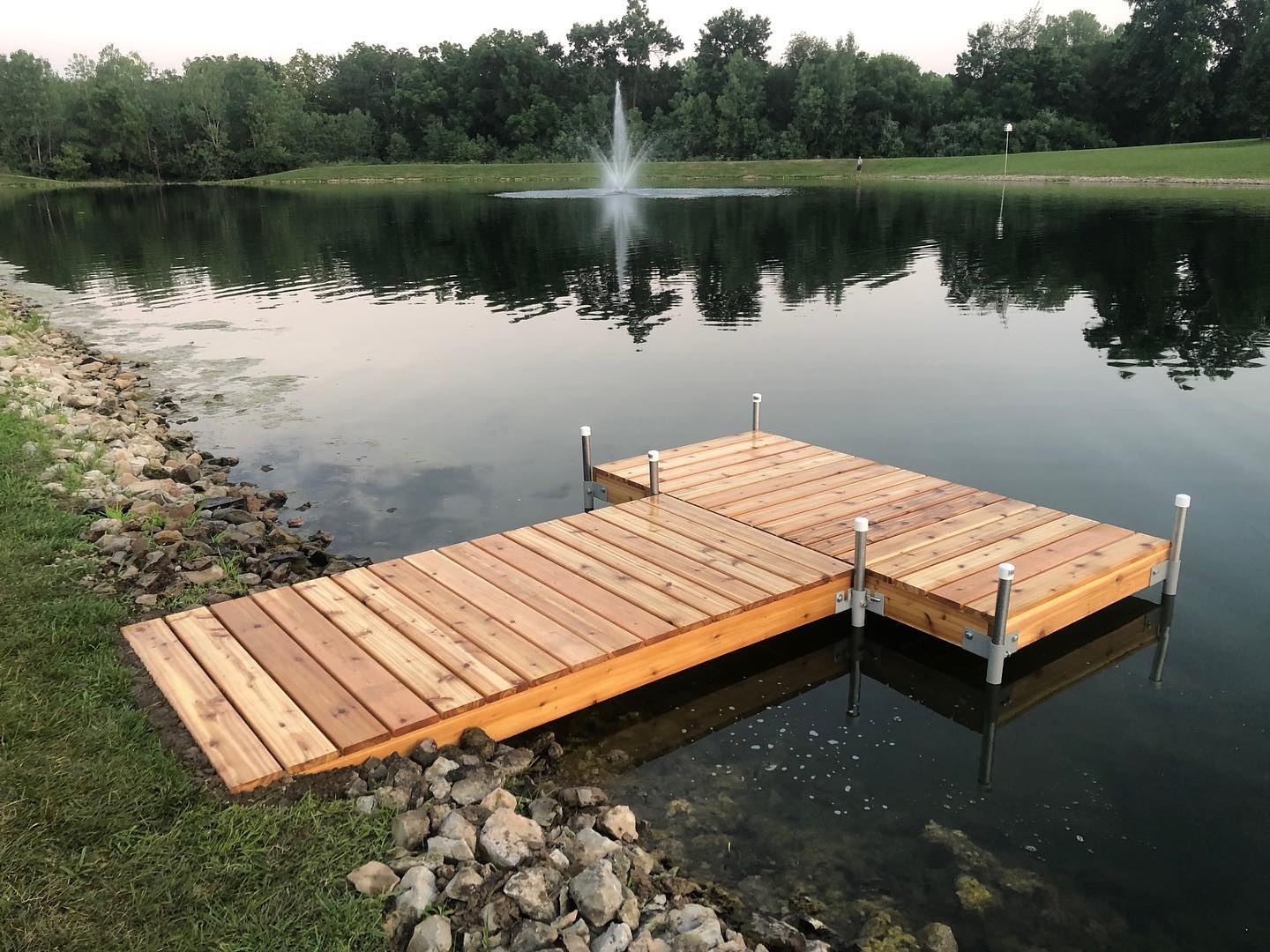
Photo: Tommy Docks (Facebook)
Similar to piling docks, pipe docks use aluminum pipe instead of wooden pilings. They’re typically built with an aluminum frame and removable docking. They work well in shallow water that has a firm bottom. They do need to be removed in the winter to prevent the pipes from freezing.
Pros
- Less expensive than piling docks
- Less of an impact on the environment as the surface doesn’t come into major contact with the water or land
- Can be removed
Cons
- Less stable than piling docks
- Since they’re stationary, they can get submerged
- Can be damaged by ice, heavy wakes and strong current
Lift-Up Dock
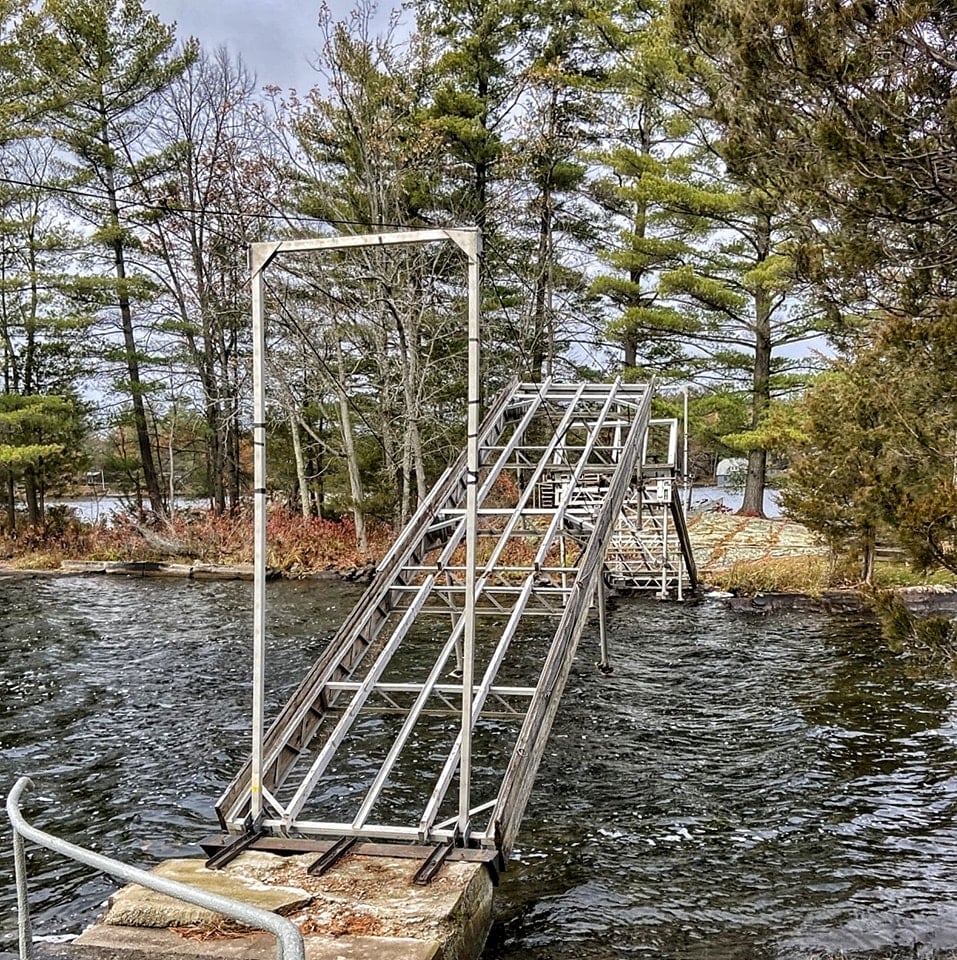
Photo: R&J Machine (Facebook)
Lift-up docks are a popular type for cold areas (such as an icy mountain lake) where ice could impact the dock. The dock is attached to a winch that can draw it up. They can even be removed if necessary.
Factors to Consider
- Water depth and type of bottom
- Other boat traffic (wakes and waves from other boats can cause an unsteady surface)
- How many and what type of boat will be docked (sailboats, PWC, kayaks, yachts, bass boats)
- If you can build it yourself or need a contractor
- Budget
- Weather conditions (ice, hurricanes, rough waves)
Whether it’s for your own boat and watersports needs, or you plan to use it as a private boat slip rental, we hope you’ve gathered some tips to help you in your search for the perfect private boat dock. Happy boating!
